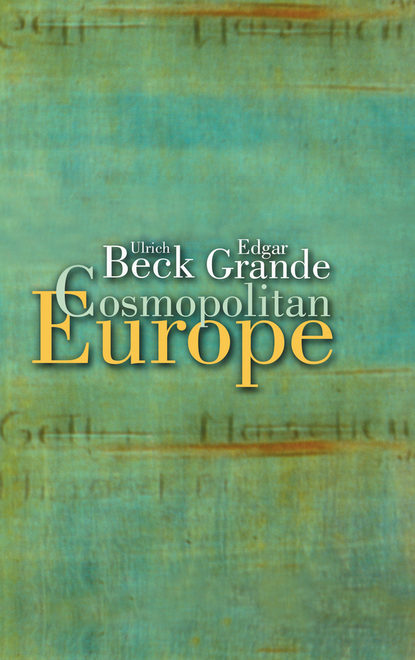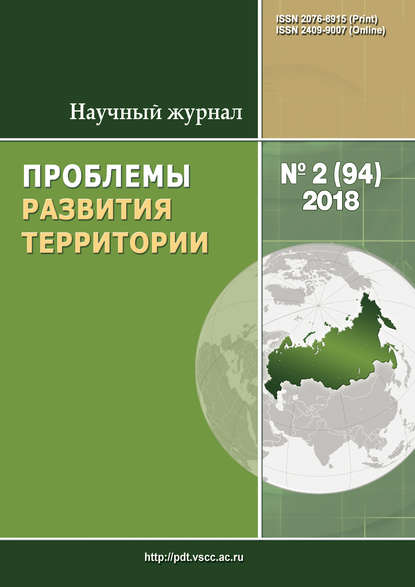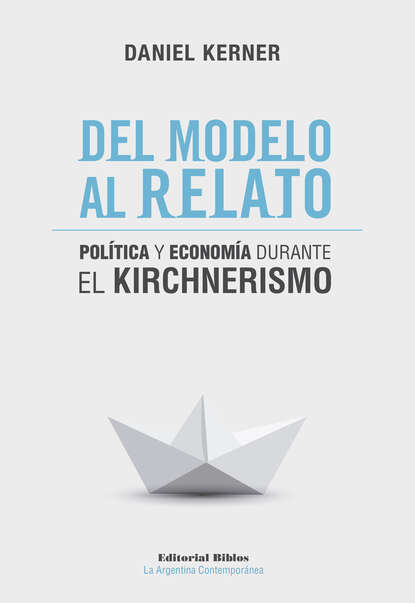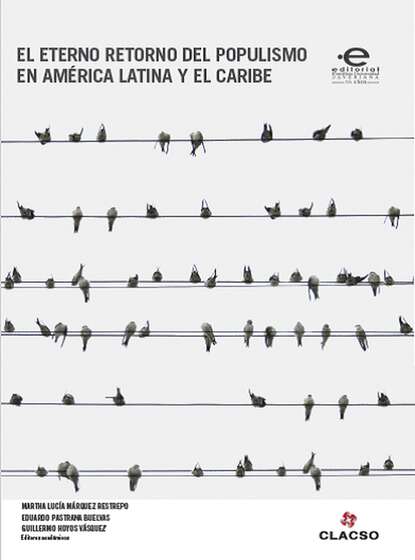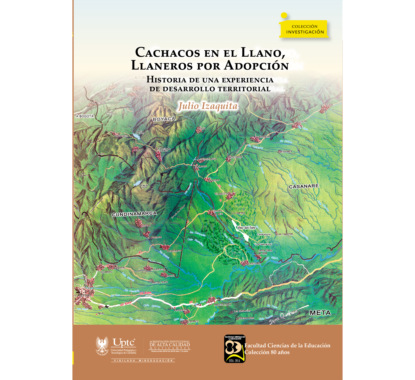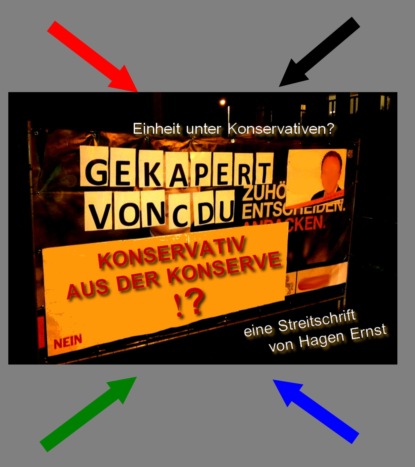Книга "Cosmopolitan Europe" рассматривает Европу как уникальную форму международного сообщества, которая не может быть объяснена в терминах традиционных концепций политики и государства. Авторы утверждают, что для понимания космополитической Европы необходимо радикально пересмотреть традиционные категории социального и политического анализа. Они предлагают разделение государства и нации как адекватный ответ на ужасы XX века. В книге рассматривается концепция космополитической терпимости, которая должна гарантировать сосуществование различных этнических, религиозных и политических форм жизни за пределами национальных границ. Авторы предлагают переосмыслить Европу как идею и реальность, и рассматривают процесс европеизации в свете теории рефлексивной модернизации. Книга является завершением трилогии Ульриха Бека о "космополитическом реализме" и представляет собой важное чтение для всех, кто интересуется ключевыми социальными и политическими развитиями нашего времени.
Электронная Книга «Cosmopolitan Europe» написана автором Ulrich Beck в году.
Минимальный возраст читателя: 0
Язык: Английский
ISBN: 9780745692838
Описание книги от Ulrich Beck
Europe is Europe’s last remaining realistic political utopia. But Europe remains to be understood and conceptualized. This historically unique form of international community cannot be explained in terms of the traditional concepts of politics and the state, which remain trapped in the straightjacket of methodological nationalism. Thus, if we are to understand cosmopolitan Europe, we must radically rethink the conventional categories of social and political analysis. Just as the Peace of Westphalia brought the religious civil wars of the seventeenth century to an end through the separation of church and state, so too the separation of state and nation represents the appropriate response to the horrors of the twentieth century. And just as the secular state makes the exercise of different religions possible, so too cosmopolitan Europe must guarantee the coexistence of different ethnic, religious and political forms of life across national borders based on the principle of cosmopolitan tolerance. The task the authors have set themselves in this book is nothing less than to rethink Europe as an idea and a reality. It represents an attempt to understand the process of Europeanization in light of the theory of reflexive modernization and thereby to redefine it at both the theoretical and the political level. This book completes Ulrich Beck’s trilogy on ‘cosmopolitan realism’, the volumes of which complement each other and can be read independently. It is essential reading for anyone interested in the key social and political developments of our time.
